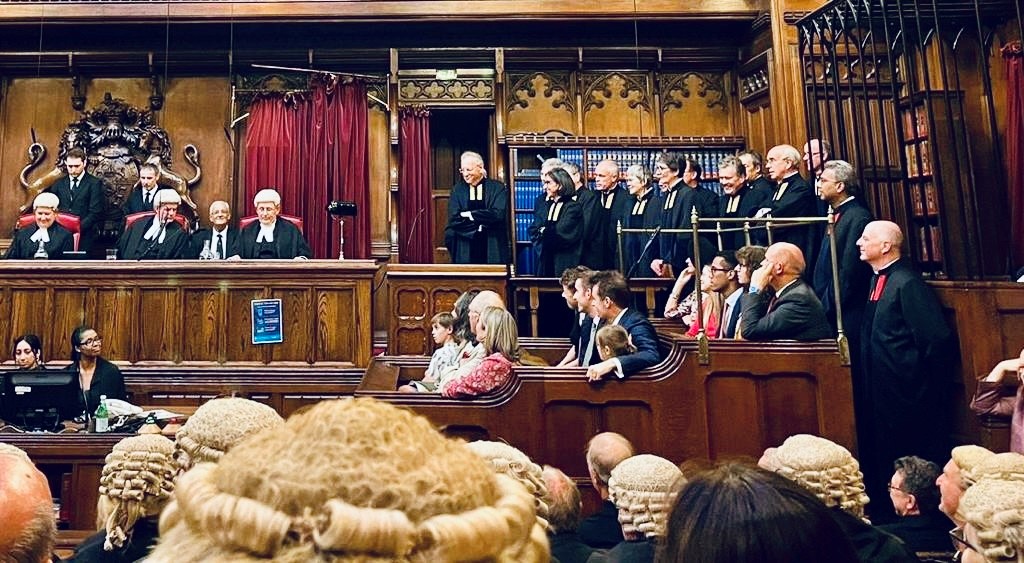The importance of oratory in the judiciary and advocacy
Just as legal communication is important, the proper use of public speaking plays a critical role in arguing or defending a successful interpretation of the law. Its use involves implementing strategies to convey precise messages to direct thinking toward a particular perspective. So, to understand why communication is the only mechanism for solving cases, in this article we will talk a little about the importance of public speaking in litigation and advocacy.
What is legal oratory?
Legal oratory is a set of diction and body language techniques used to communicate in procedures related to the legal profession. Its purpose is to ensure that the arguments and information required in a legal proceeding can be expressed clearly, directly, and naturally. The idea is that listeners can quickly and effectively understand the interpretation of laws without misunderstandings. In addition, many professionals use these tools as persuasive elements to support their arguments in front of a judge.
Effective public speaking skills are essential for lawyers, especially in cases involving complex international issues such as Interpol red notices. If the case involves an Interpol Red Notice, clear and persuasive communication from interpolrednotice.net/ can have a significant impact in court, helping to effectively advocate for the client's interests in both national and international contexts.
The importance of oratory in legal proceedings
When a legal professional studies public speaking, he expands his communication skills in front of a judge, an institution, or any type of audience. With these techniques, you can control your message to grab your audience's attention and deliver it to achieve a certain impact. This is why public speaking is important, as the correct use of legal language is key to maintaining the trust of clients. At the same time, body language and good diction contribute to understanding and increase the chances of success in relation to the set goals.
Keys to mastering public speaking in the legal profession
It is important to master the art of public speaking in litigation and advocacy in order to make good use of language, emotions, body and logical thinking. It helps lawyers develop and refine their verbal and body language to simplify the messages they want to convey. That's why we're going to share with you some keys to mastering public speaking in the legal profession.
1- Knowledge and training in the subject
As for the mastery of public speaking, it is necessary to have prior training in the discussed issue. This is necessary because the constant study of law in its various branches accredits the knowledge necessary for the interpretation of judicial practice and decisions. Therefore, it is important to remember that the correct use of words will not be able to reduce the lack of content or information that the speaker may have. In this sense, the intellectual training of the lawyer is crucial so that the listeners can understand the interpretation and the legal framework in which they find themselves.
2- Prepare your speech to clearly and logically argue the facts
After obtaining a general knowledge of the legal issue and its background, it is necessary to prepare arguments for each point to be defended. This is possible after analysis and consideration of the case and each available legal reason. In order to do this successfully, this technique is used in advance when compiling a case and serves to confirm and refute the provisions set forth in it.
Lawyers' arguments are developed to direct their thinking toward logical reasoning in the cases they are to analyze. Therefore, its purpose is to convince listeners of a certain position with thoughts and language.
3- Improve your body language
In legal practices, it is common to encounter looks that seem intimidating, aggressive gestures, and other types of body language that seek to change our perception. To do this, it is important to understand that body language can change thoughts, because if you observe the code of gestures, it becomes almost as important as the message. Therefore, in order to avoid inconvenience, it is recommended to restrain your emotions and not to make sudden body movements during public performances. Also, understanding body language to support a message means we can be less tense and control our hands when speaking.




